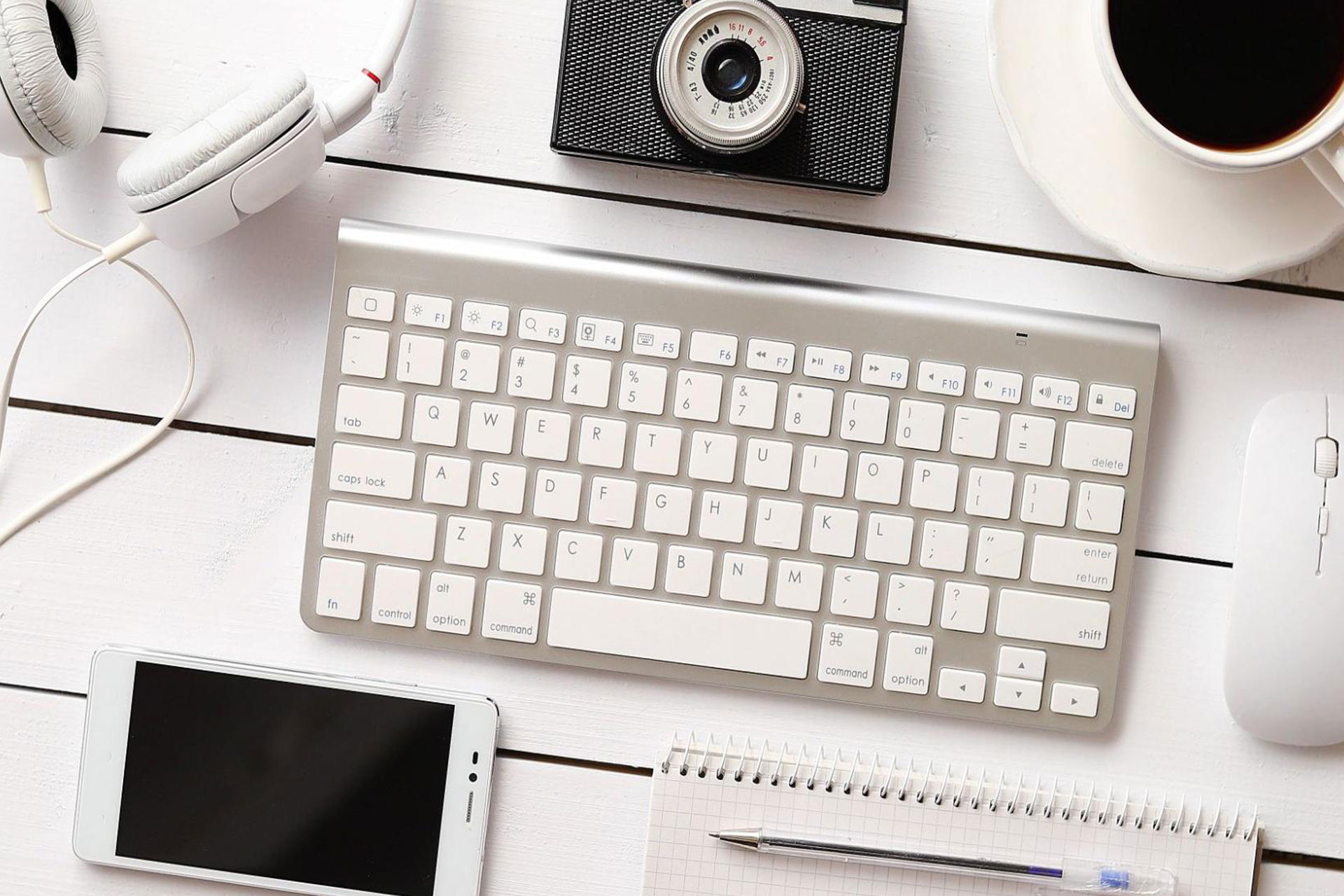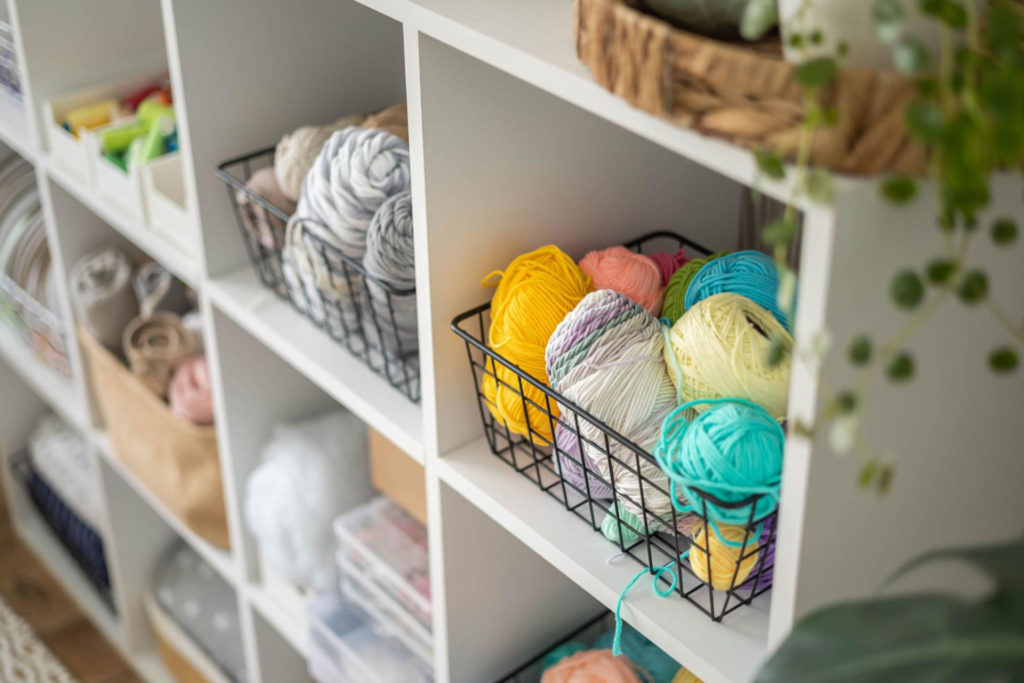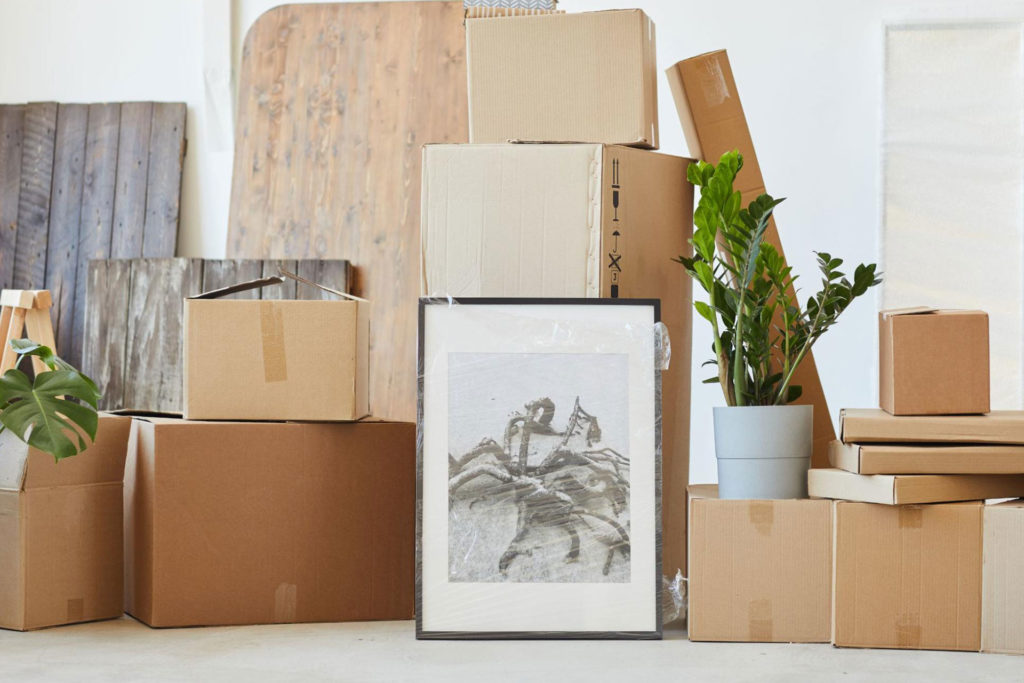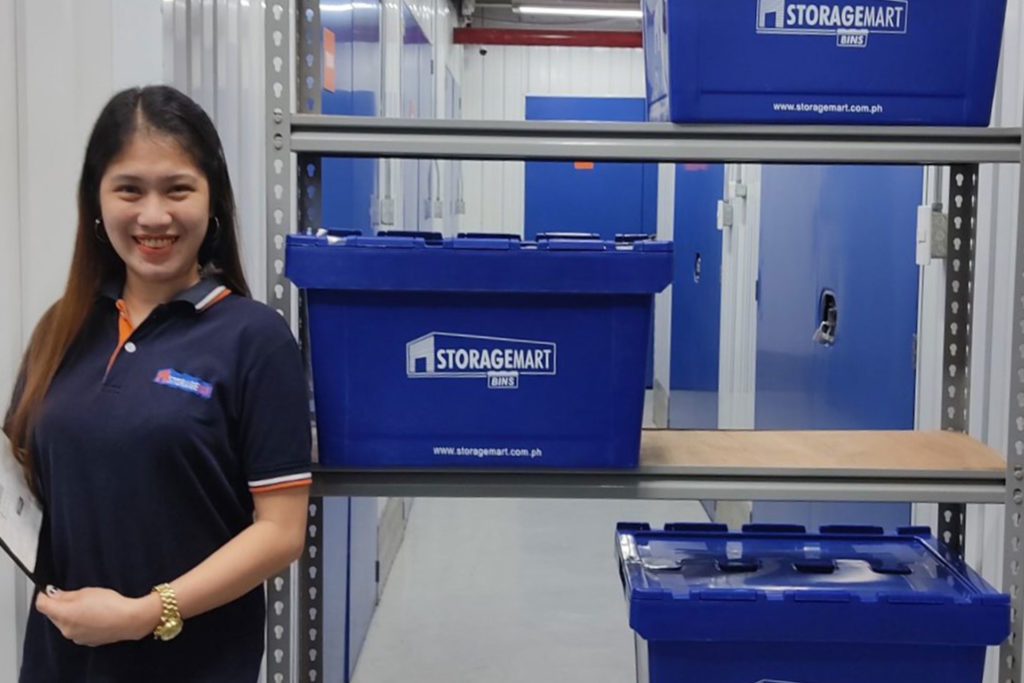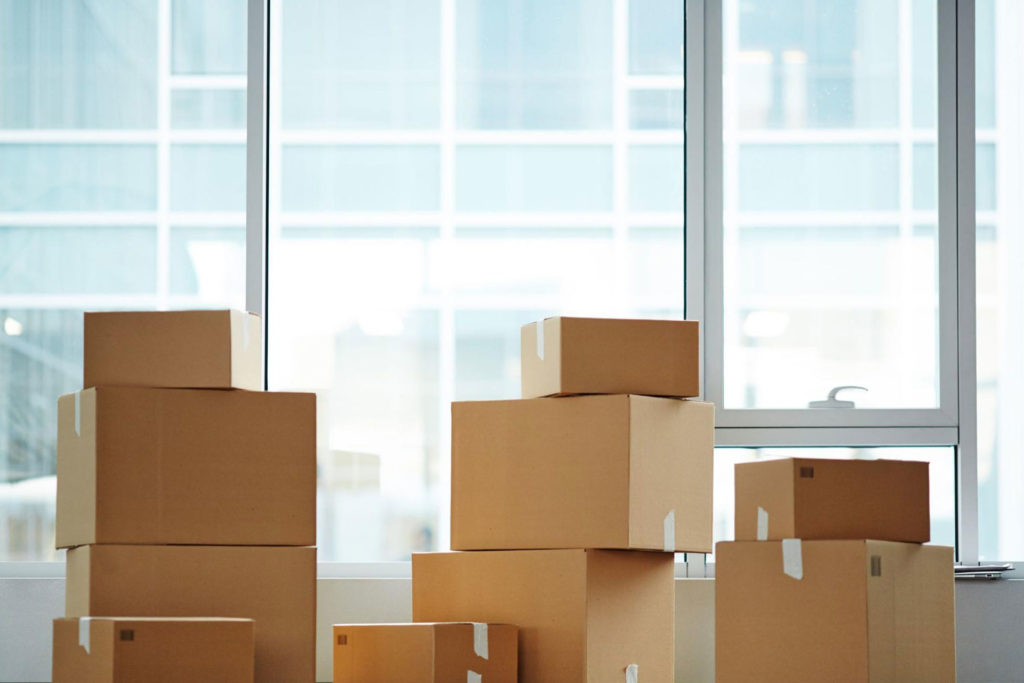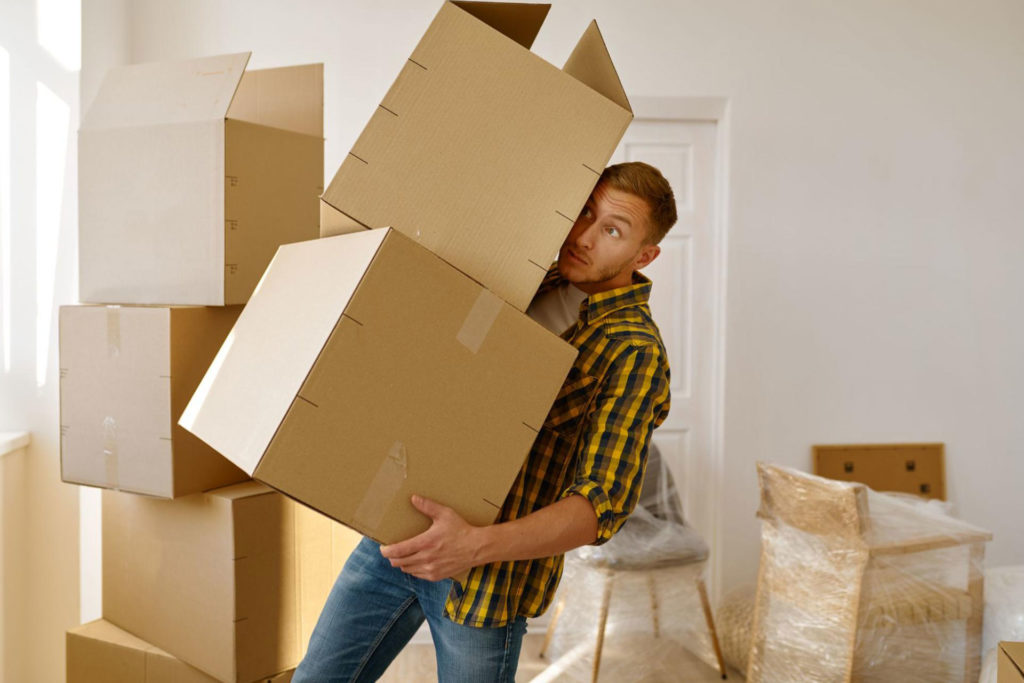As your digital devices grow obsolete, you may end up with a mountain of old, unused cell phones and computers. Consider this your guide to safely storing your devices. Whether you rent a climate-controlled storage unit or a less expensive dry, cool space, properly storing your electronics will save you time and money down the road. We’ll help you pack up that old stack of phones and keep your gadgets safe as they age.
1. List Down All The Electronics You Will Be Storing
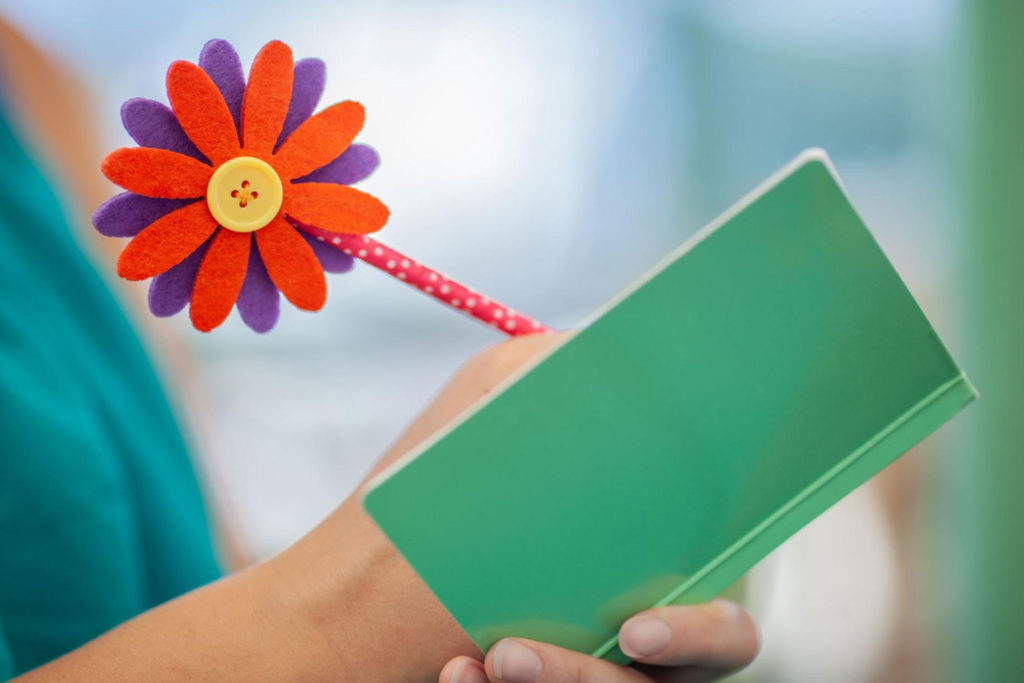
Trying to organize all of the electronics in your life can be a daunting task. You have so much going on in your life that sometimes organization can get off track. Even if you have a separate area in your home just to keep up with all of your electronics, it can still be difficult to make sure you’re keeping tabs on everything. And that’s why it’s important to make your own checklist to properly check all of the items you will be putting up for storage. This can also help you look for your item or serve as an easier retrieval from the storage unit.
2. Keep the Original Box
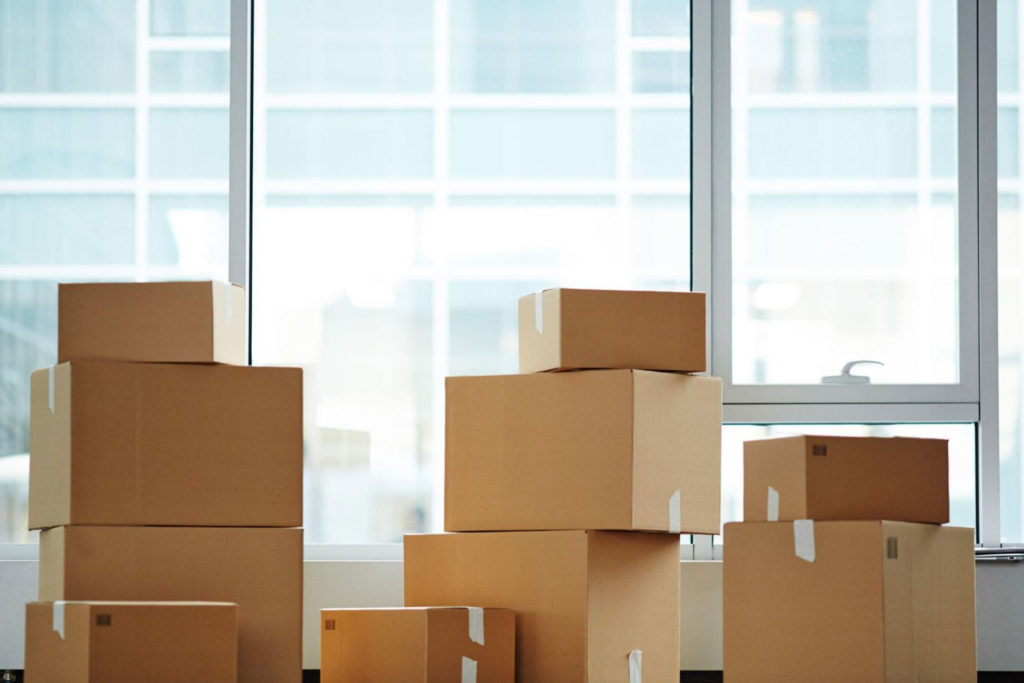
As soon as you get your new device, hold on to the original box that it came in. You might think it’s a waste of space or be tempted to just toss the box. Don’t! There are several reasons why the original box is a good idea. The original packaging is a perfect size and is designed to keep your devices stable while in transit. You won’t have to worry about it bouncing around as you bring it to your storage unit. Also, when it’s time to find your old devices, they will stand out from the bunch because of their original packaging.
3. Check The Manual

Everybody has a copy of the instruction manual that came with their device, and yet everyone hates reading it. Understanding how to properly store your devices requires some general knowledge on how these devices work and what they need to perform at optimal capacity.
4. Keep Track of All The Pieces
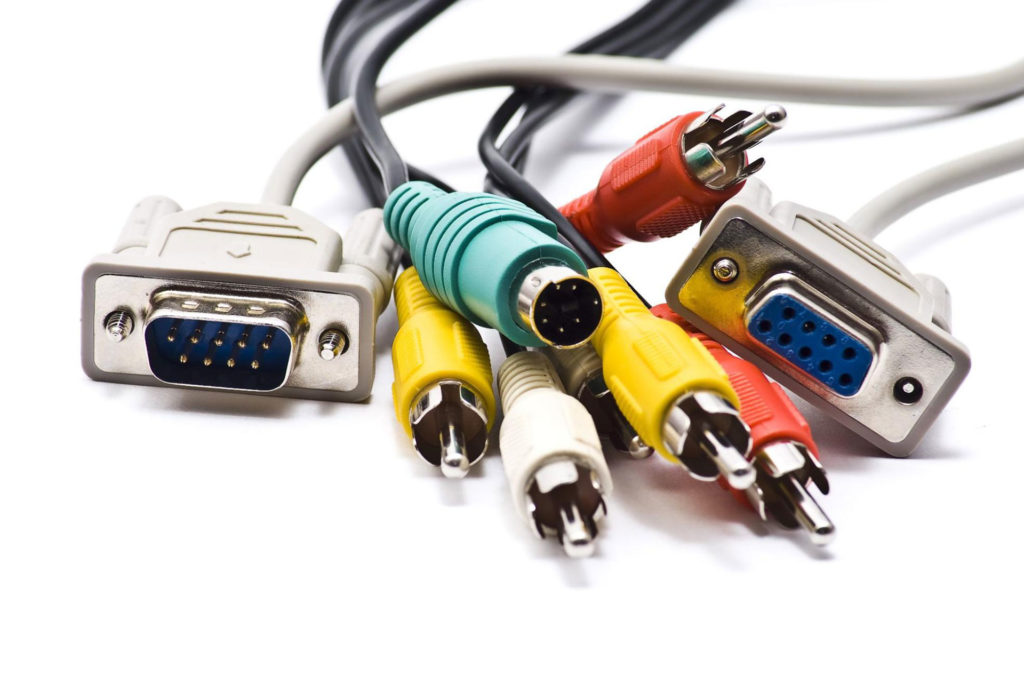
Most electronic devices have at least one or multiple cables and wires. This can be a bit annoying since you never know where they’ll end up when you’re done using the device but it’s also a hazard to forget where they go when you need them again. So keep track of all these pieces by labeling each one and adding it to a box.
5. Remove All The Batteries Before Storing
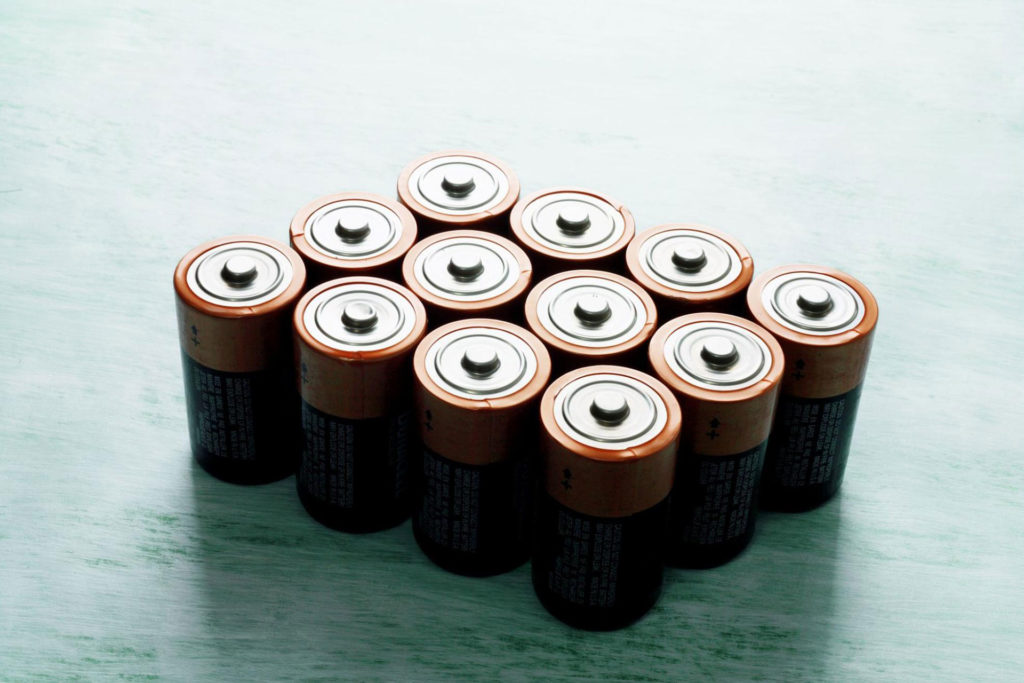
When you store your batteries, one of the worst things you can do is leave them in your cell phones and laptops. This can lead to battery leakage that could destroy your device. What’s more, not all laptops and cell phones have removable batteries. Once you get your storage unit, it’s important to make sure each battery gets removed. If they’re found in devices such as cell phones or laptops, they’ll need to be removed immediately and stored with the devices in your storage unit.
6. Invest in Bubble Wraps for Protection
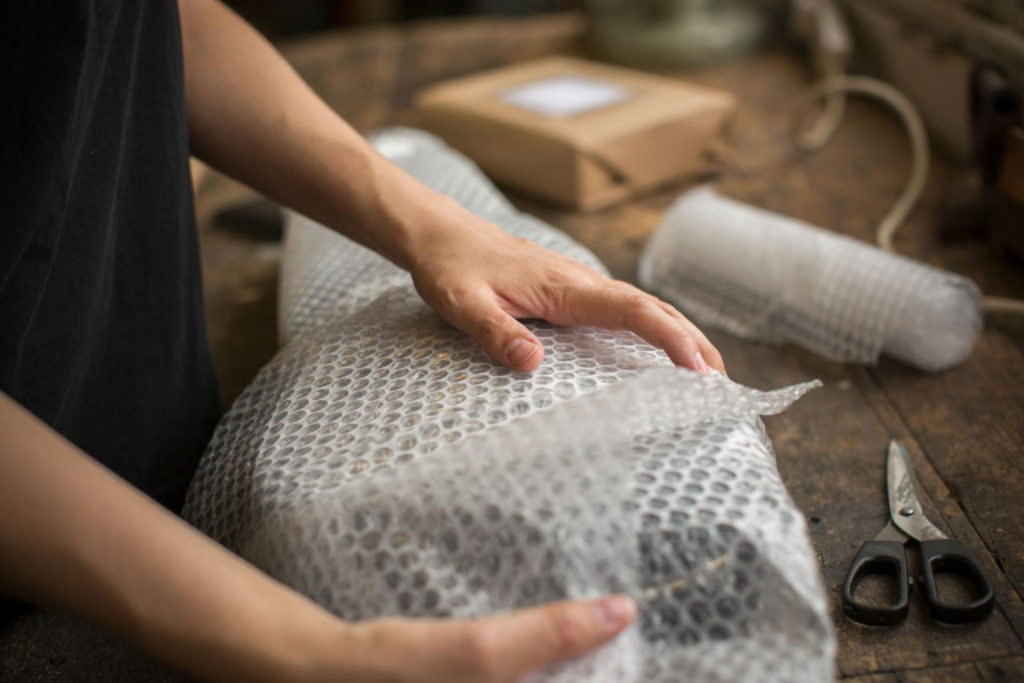
One of the most stressful things you can do right before a big move is worry about the safety of your beloved items. The last thing we want is for our items to break during the move or while in storage. Bubble wrap is the perfect solution for packing fragile items. Not only does it protect your items from getting cracked or broken but it also gives them a little cushiony feel so that they won’t move around too much while in transit either.
7. Always Put Labels Before Storing
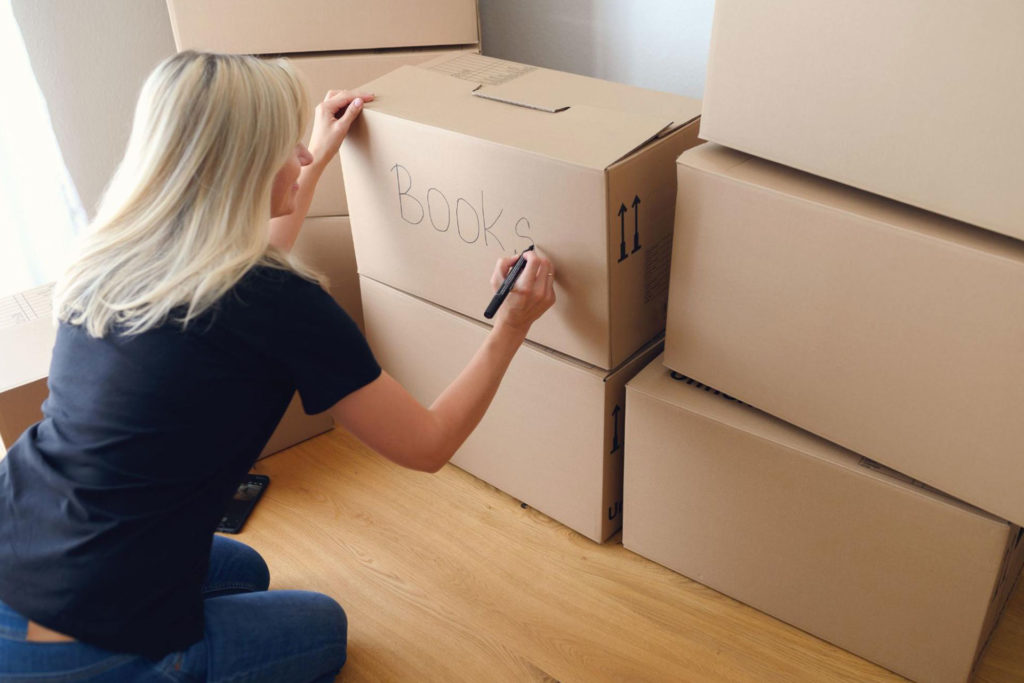
Let’s face it, organizing and storing your items can be a hassle. Large cardboard boxes are often used when moving but the problem with these boxes is that they are not labeled. If you don’t label your boxes, it can become very frustrating as you try and pull out long-forgotten items in the storage unit.
Here’s a simple tip to help organize your self-storage units: label your belongings prior to storing them because this will not only save yourself time but also spare you from a headache as you find what you need without searching endlessly in the pile of clutter.
8. Always Backup Your Data
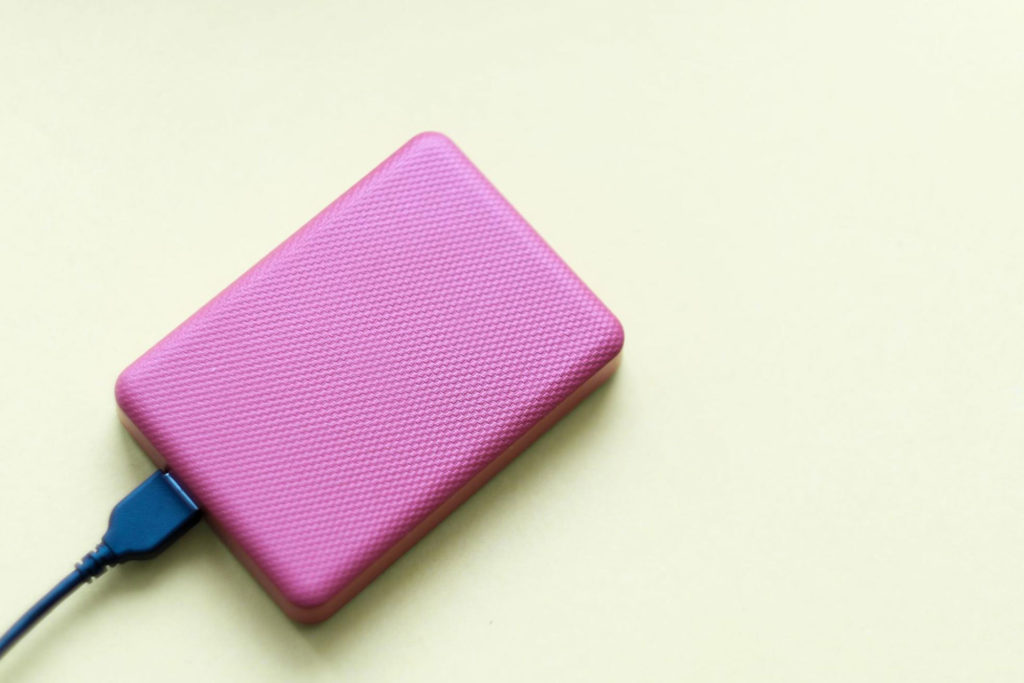
Storing your electronics is not a bad idea. But you should back up your data first. This is especially important if you’re storing your phones, computers, or video gaming systems for a long period of time. Otherwise, you could be leaving yourself open to big problems. If you need help with backing up your data, consider hiring one of our highly skilled technicians to do it for you.
9. Clean Before You Store Your Items
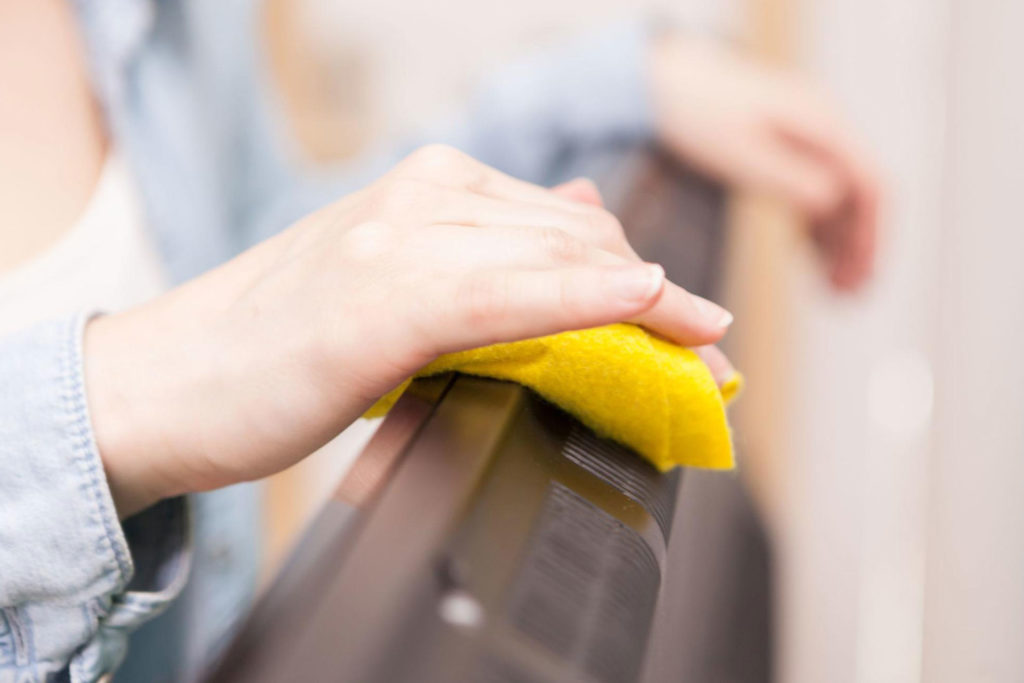
A storage facility is a great way to store excess equipment and devices, but it comes with the problem of dust buildup. A dust cloth or cleaning wipe/spray explicitly made for electronics is an effective method of removing these contaminants quickly. Before storing your devices inside of a storage facility, see to it that each device has been cleaned using a soft cloth or cleaning product. This will help ensure that your devices stay in good condition and minimize damage due to dirt and dust accumulation.
10. Rent A Climate Controlled Storage Unit
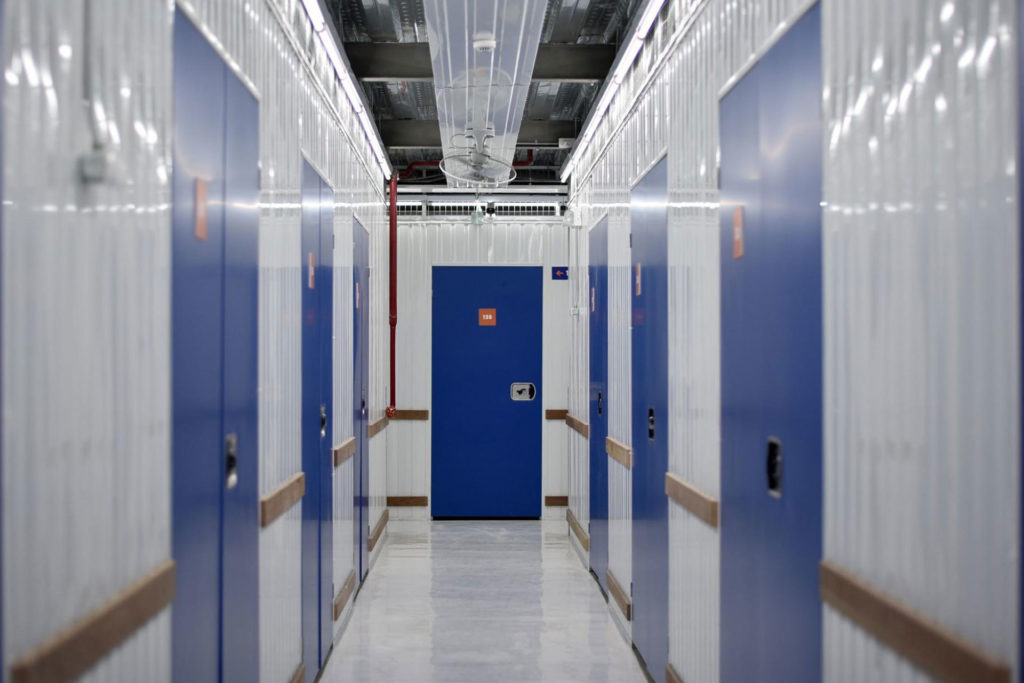
When storing electronics for a long period of time, it’s important to invest in a climate-controlled storage unit. If you are storing a laptop or smartphone that could be damaged by temperature and humidity (or just straight-up blown away), hire a professional to handle the job for you. It may seem unnecessary, but in the long run, having your electronics destroyed is significantly more expensive than safely storing them in a climate-controlled storage unit.
You can also read: 10 Items That You Should Store in a Climate-Controlled Storage Unit
Proper storage is key to ensuring that your electronics will not only serve you well now but also in the future. Whether you plan to pass on your electronics or keep them for decades, these tips should help you store your devices so they remain safe, reliable, and working well.
In need of a self-storage unit nearby to store your belongings? Contact us today and we will be glad to assist you!

